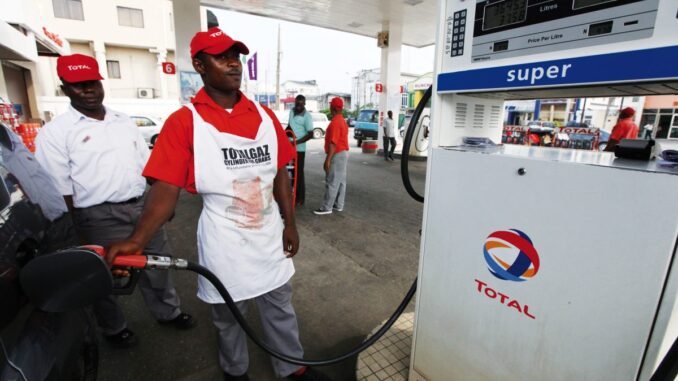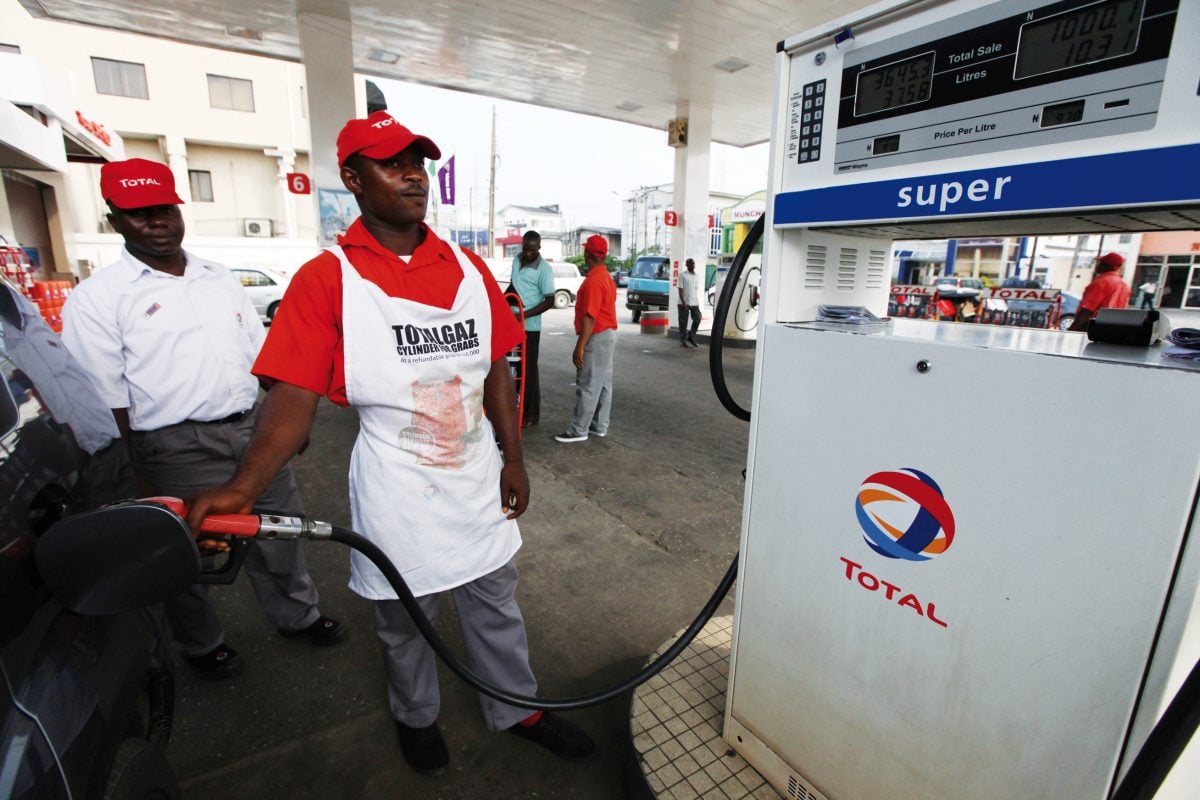
Nigeria’s President-elect Bola Tinubu said during his campaign that he would end Nigeria’s fuel subsidy from his first day in office. This could be a baptism of fire for the country’s new leader.
For decades Nigeria, Africa’s top oil producer, has paid a subsidy to ensure that local fuel costs were shielded from the vagaries of international oil prices. Under President Muhammadu Buhari, whose tenure ends on May 29, the government squirmed under the burden but sustained it for political reasons even as it consumed as much as a third of the national budget in 202
In its last days in office, the Buhari administration has embarked on measures to prepare for the end of the subsidy payments. This is coming with help from the World Bank, which has pledged $800m to fund palliatives to help the most vulnerable citizens to absorb the price shocks expected to come with the measure.
“Fuel subsidy removal would always come with some challenges like increased inflation,” Finance Minister Zainab Ahmed told reporters at a press conference in Washington DC, following the April spring meetings of the World Bank and the International Monetary Fund. “Anywhere in the world where you remove any kind of subsidy, it has that effect.”
The expectation is that substantial savings will come from the end of the payments and will free up funds for the country’s social and economic development, according to Ahmed. The Buhari administration and the incoming government of Bola Ahmed Tinubu, who was declared winner of February’s presidential election, have reached a consensus on how to deploy the savings for the best outcomes, according to the Minister.
Yet, the ruling All Progressives Congress must be apprehensive about the reaction of the general population to the impending move given past protests and strikes against ending the subsidy. Its origins go back to Nigeria’s oil boom years and the 1970s energy crisis. Nigeria, flush with petrodollars in the wake of the crisis, subsidised most commodities, including fuel.
Subsequently, as the country went through cycles of boom and bust as oil prices rose and fell, it started cutting back on the subsidy by slowly raising fuel prices from the 1980s on. Under successive regimes, each increase was greeted with street protests and strikes as prices rose and the inflationary impact was felt in households across the country.
It was a problem made worse by Nigeria’s over-reliance on road transportation and failure to expand the rail services built under British colonial rule. While the colonial administration built two parallel rail lines running from the north to the south on the country’s western and eastern flanks, to move goods to coastal ports and ship them to Europe, very little was done subsequently to extend the reach of the railways.
Heavily reliant on roads for the movement of goods and services, any fuel price increase caused an inflationary impact that rippled through the entire economy. This usually provoked resentment from citizens who viewed the leadership as profligate and saw lower fuel prices as their only benefit as citizens of an oil-rich country.
Conduit for siphoning funds
With time, the subsidy regime became a conduit for corruptly siphoning funds from the treasury, with the result that over the years the country’s four state-owned refineries, with a combined capacity for 445,000 barrels per day, were consigned t0 the doldrums as corrupt officials found it more profitable to import fuel on which the subsidy was paid than support local refining that lacked such opportunities.
The last refinery built in Nigeria was the second train of the refinery in the oil-industry hub of Port Harcourt, completed in 1989.
The subsidy regime in Nigeria also became an incentive for cross-border smuggling to neighbouring West African countries where fuel prices are higher.
When former President Goodluck Jonathan sought to end the fuel subsidy once and for all in January 2012, it was greeted by protests, strikes and riots led by opposition parties, trade unions and civic groups, forcing a climbdown by the government after two weeks.

The Jonathan government never recovered from those protests, as the period set off a chain of events that culminated in his 2015 loss to Buhari and the currently ruling APC.
Buhari, who had derided the subsidy payments as fraudulent while in opposition, has ended up spending more than his predecessors in supporting lower prices, with about $10bn spent in 2022.
This year, amid the country’s worsening fiscal situation, the government postponed plans to end the subsidy early on and sold Eurobond debt of $1.3bn to support the payments, fearing the impact ending it would have on the party’s prospects in an election year.
Critics, and even some supporters of the administration, have raised concerns that the numbers are suspicious as Nigeria’s daily consumption of gasoline jumped from about 32m litres a decade ago to the current 65m litres. Hamid Ali, head of the Nigerian Customs, told a parliamentary hearing that the numbers were inflated by the state-owned Nigerian National Petroleum Company Ltd, which is the sole importer of gasoline and administers the subsidy regime.
Despite the suspicions, domestic fuel usage goes beyond cars and vehicles to powering homes and businesses, given chronic power outages in the country of more than 200m people.
Apart from being unsustainable in Nigeria’s current financial circumstances, part of the new impetus for ending the subsidy is coming from new private refineries, particularly the 650,000 barrels-per-day Dangote Refinery and Petrochemicals complex in the commercial capital, Lagos.
80%-owned by Africa’s richest man, Aliko Dangote (with 20% held by the NNPC), production is expected to peak later this year and is timed to coincide with the end of the subsidy. The government expects the liberalisation of prices to attract more private investment in refining and usher in a new era in Nigeria’s downstream petroleum sector.
Baptism of fire
For President-elect Aliko Tinubu, who had said during his campaign that he would end the subsidy from his first day in office, it could be a baptism of fire. In the face of his bitterly contested mandate, the opposition might find higher prices a rallying point of protest, denying him the breathing space to settle down – which might then force him to respond with a heavy-handed crackdown that further destabilises the polity.
Still, there are signs the impact may end up being moderate. As Finance Minister Ahmed noted, people are already paying higher prices for fuel in many parts of the country, with subsidised prices only available in Lagos, Abuja and a few other cities. Then, by ending imports, the cost of delivering fuel from local refineries will be reduced, thereby ensuring lower prices at the pump.
This is where the World Bank loan, to be paid back in 25 years, is expected to have a cushioning effect according to the Minister, as the government deploys it to provide stipends to at least 50m Nigerians considered among the most economically vulnerable.
“So we think that inflation is already built into it,” said Ahmed. “There might be some increase, but it would not be a huge spike and even if there is, it would be transient and it would quickly come down and moderate.”

